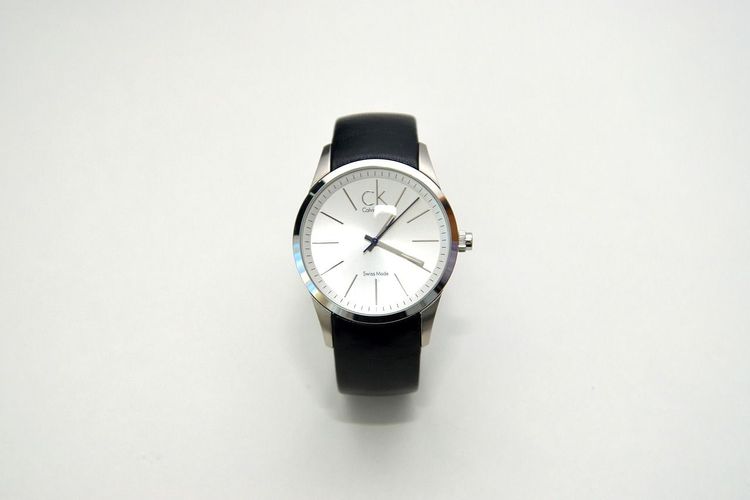Japan's Startup Landscape: Bridging the Unicorn Gap
Japan boasts one of the largest startup ecosystems globally; however, it has struggled to keep pace with regions like the U.S., China, and the U.K. regarding the number of unicorns and venture capital investment. Long-standing issues, such as an aging workforce, persistent economic deflation, and the preference of many salarymen for stable jobs in established corporations, have made the startup life less appealing.
For context, a recent IMF report, referencing CB Insights data as of October 2023, highlights the disparity starkly: the U.S. has approximately 661 unicorns, while China has 172 and the U.K. has 52. In contrast, Japan manages a modest seven unicorns, with PitchBook suggesting that the actual number may be slightly higher at nine startups.
A Shift on the Horizon
Significantly, positive changes are emerging. An increasing number of young graduates are breaking the conventional mold, deciding to pursue entrepreneurship over traditional job paths. Concurrently, the Japanese government is stepping up efforts to renew interest in its startup scene.
Launched in 2022, the government’s “Startup Development Five-Year Plan” aims to foster the growth of 100,000 startups and create 100 unicorns by 2027. This ambitious plan includes initiatives such as promoting incubators, enhancing funding through a dedicated venture fund, diversifying exit strategies, and more. Additionally, this year, the Tokyo Metropolitan Government inaugurated the Tokyo Innovation Base, a central hub for startups featuring networking events, pitch competitions, and workspaces for entrepreneurs. The introduction of a Startup Visa simplifies the establishment process for venture capital firms, startups, and accelerators in Japan, along with a favorable tax system for angel investors. Japan currently houses around 130 accelerators, a commendable figure considering the market size.
Despite these advancements, it's important to note that a significant portion of venture capital flowing into Japan's startups originates from abroad. The IMF report indicates that between 2010 and 2023, U.S. investors accounted for 50% of investments in Japanese startups, while U.K. investors contributed approximately 10%, and local Japanese investors trailed with just 5%.
An example of international interest is Bessemer Venture Partners, which recently made its inaugural investment in a Japanese startup, a food delivery service named Dinii. “Having been fortunate to be a key investor in Toast in the U.S., supporting it to become a $13 billion company, we see a similar element of success in Dinii,” said Bryan Wu of Bessemer Venture Partners.
IPO Trends and Future Prospects
Japanese startups tend to pursue initial public offerings (IPOs) earlier in their lifecycle compared to their global counterparts. Thanks to the Tokyo Stock Exchange’s flexible IPO regulations, many startups may pursue public listings after only a couple of funding rounds. Consequently, we might witness upcoming unicorns making strides toward IPOs in the near future.
Notable Japanese Unicorns to Watch
1. Spiber
- Total Funding Raised: $653 million
- Last Funding Round: $65 million (10 billion JPY) in April 2024
- Key Investors: Baillie Gifford, Fidelity Investments, Goldwin, Kansai Paint, Iowa Economic Development Authority, Shinsei Bank, and the Carlyle Group.
Spiber has garnered attention with its eco-friendly biomaterials, used across fashion, cosmetics, and automotive sectors. It recently raised $65 million to scale production of its “Brewed Protein” materials.
2. SmartNews
- Total Funding Raised: $479 million
- Last Funding Round: $69.3 million venture debt round in January 2024
- Key Investors: Atomico, Asian Capital Alliance, Development Bank of Japan, Globis Capital Partners, Japan Post Capital, and others.
Established in 2012, SmartNews has innovatively partnered with publications to deliver personalized news feeds. Despite rapid growth, it faces user retention challenges due to competition from social media platforms.
3. SmartHR
- Total Funding Raised: $362 million
- Last Funding Round: $140 million Series E in June 2024
- Key Investors: Beenext, Coral Capital, KKR, Light Street Capital, Sequoia Capital Global Equities, and others.
Co-founded in 2015, SmartHR provides a SaaS platform for HR management and has experienced substantial growth, achieving an ARR of $100 million in February 2024.
4. Sakana AI
- Total Funding Raised: $344 million
- Last Funding Round: $214 million in Series A in September
- Key Investors: Dai-ichi Life, Fujitsu, Global Brain, Itochu, and others.
Launched in 2023 by ex-Google AI engineers, Sakana AI specializes in cost-effective generative AI models and collaborates with notable institutions in the field.
5. Preferred Networks
- Total Funding Raised: $152.19 million
- Last Funding Round: $8.1 million Series C in 2018
- Key Investors: Chugai Pharma, FANUC, Hitachi, and others.
Founded in 2014, Preferred Networks focuses on semiconductors and AI, recently securing $463 million for its AI semiconductor initiatives.
6. OPN
- Total Funding Raised: $222 million
- Last Funding Round: $120 million Series C+ funding in May 2022
- Key Investors: JIC Venture Growth Investments, Mars Growth Capital, MUFG, and others.
Formerly known as Synqa, OPN provides diverse fintech solutions and has expanded operations across several Asian markets and acquired a U.S. company to enhance its global presence.
Japan's startup ecosystem is evolving, and with the right support and innovation, it may soon catch up to its global counterparts in the race for unicorns and venture capital.







